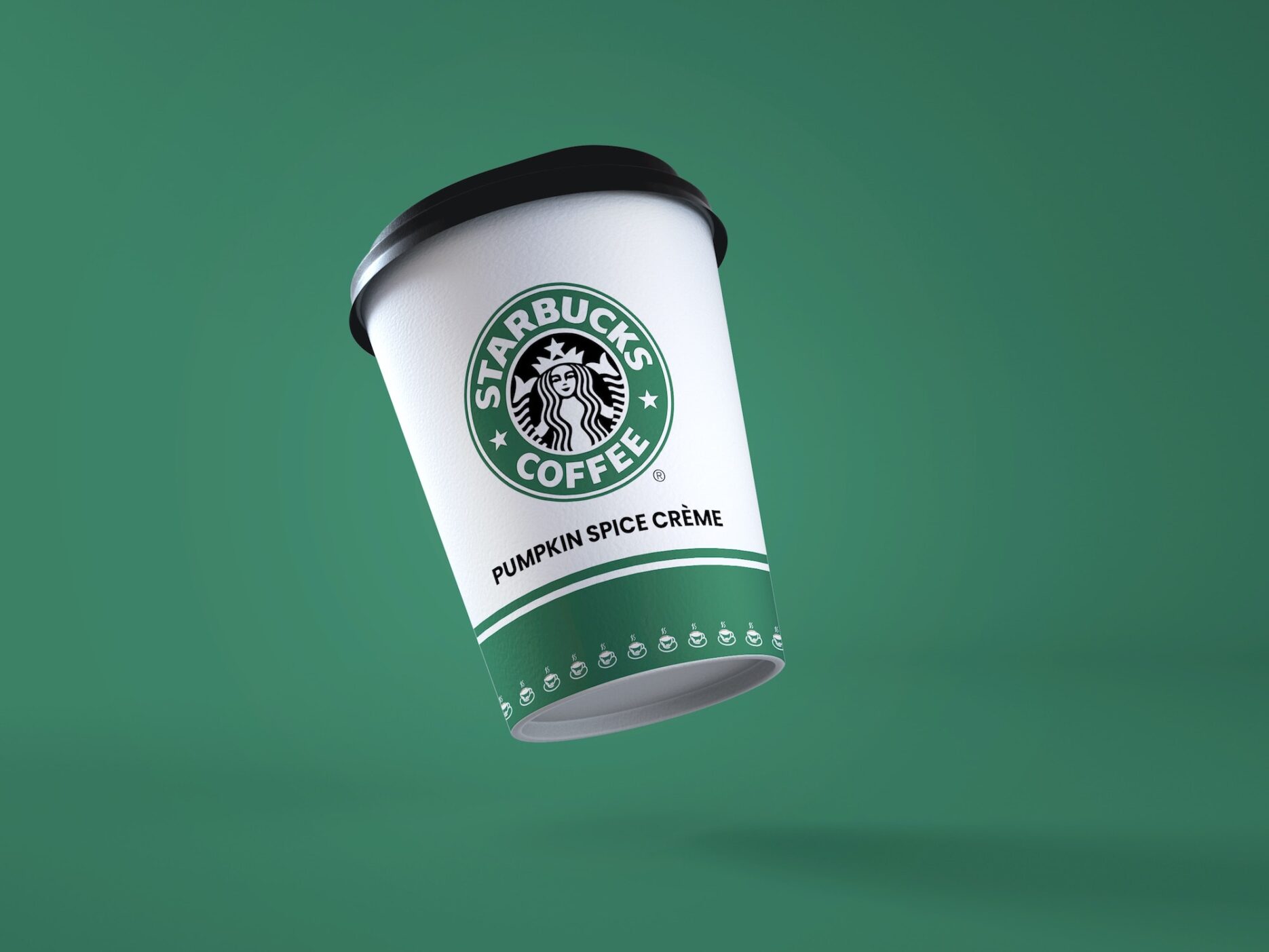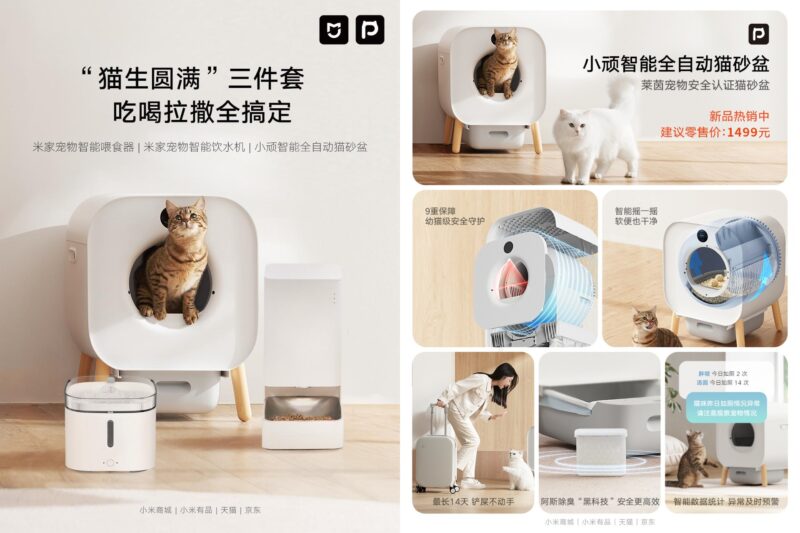American coffeehouse Starbucks kicked off its first podcast episode on 1 March, with two experienced baristas onboard to discuss “how does coffee become coffee?” to resonate with China’s ongoing audio content wave.
Debuting on Starbucks China’s WeChat official account (a marketing platform on messaging app WeChat), the 41-minute-long program features the coffee chain’s history, the ever-rising nationwide coffee trend, mysterious coffee stories, and so much more. Engaging content was shared by two coffee lovers from Starbucks, both of which have over 9 years of experience in coffee education and coffee bean selections.
The recent move by Starbucks closely infuses the brand’s cultural heritage with professional coffee knowledge, to further appeal to its target audiences and deliver brand value amid the podcast hype at home.
Despite the podcast industry being relatively mature in western countries, the landscape remained untapped in China until 2020. The lengthy pandemic acted as a catalyst for the development of audio and other online content creation. With more podcasters and listeners dipping their toes in, the industry was gradually getting noticed and started to reach new heights.
China’s podcast realm amassed 86 million listeners by 2022 and the figure is projected to reach 200 million by the end of 2024. The main audiences are university students and white-collar workers living in Tier-1 and Tier-2 cities with an average age of 30.2, indicating a much younger user group than other media forms.
Whilst all the domestic social media platforms are trying to extend into creating eye-catching short-video content to win over users, audio content possesses immense potential. Ear-catching materials enable the young demographics to access the latest news and updates at all times.
As such, an industrial expert Jianbin Gao expressed his positive outlook towards podcasts and implementing marketing strategies, highlighting that “the target audiences living in high-tier cities hold relatively stronger spending powers and would be willing to pay for the quality audio content.”
Eyeing audio content’s immense marketing potential and remarkable ability, Starbucks released its first episode with more to come in the future, aiming to convey its brand culture and to grow consumer awareness, whilst prepping for future business development opportunities through the lens of coffee.









